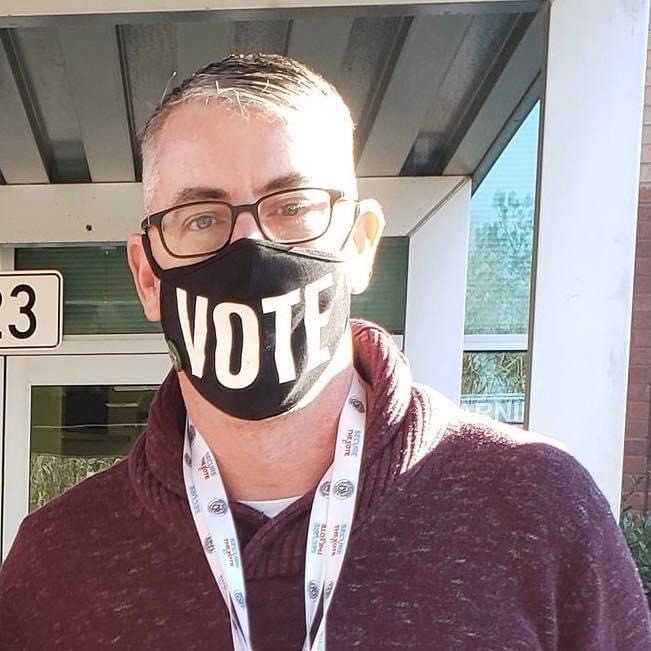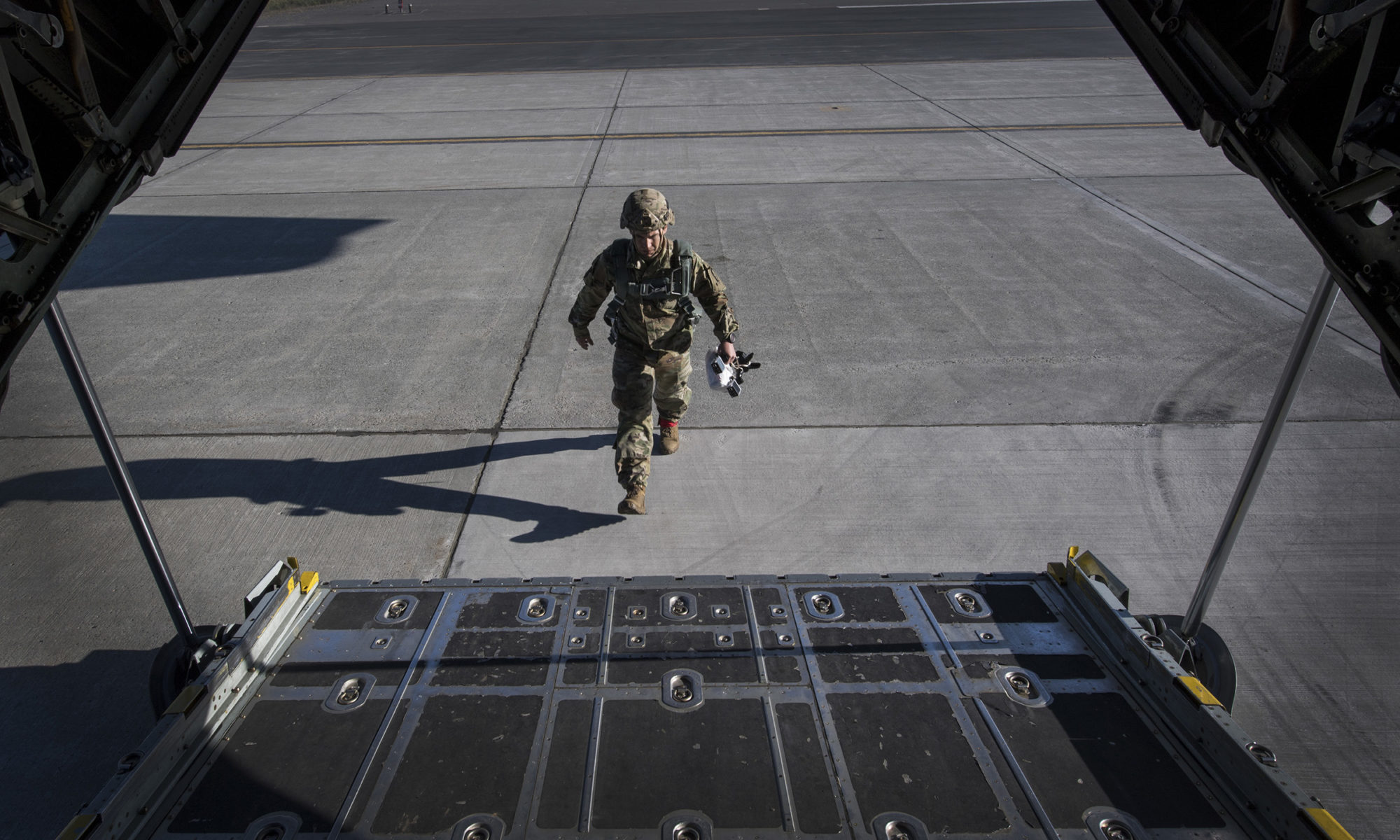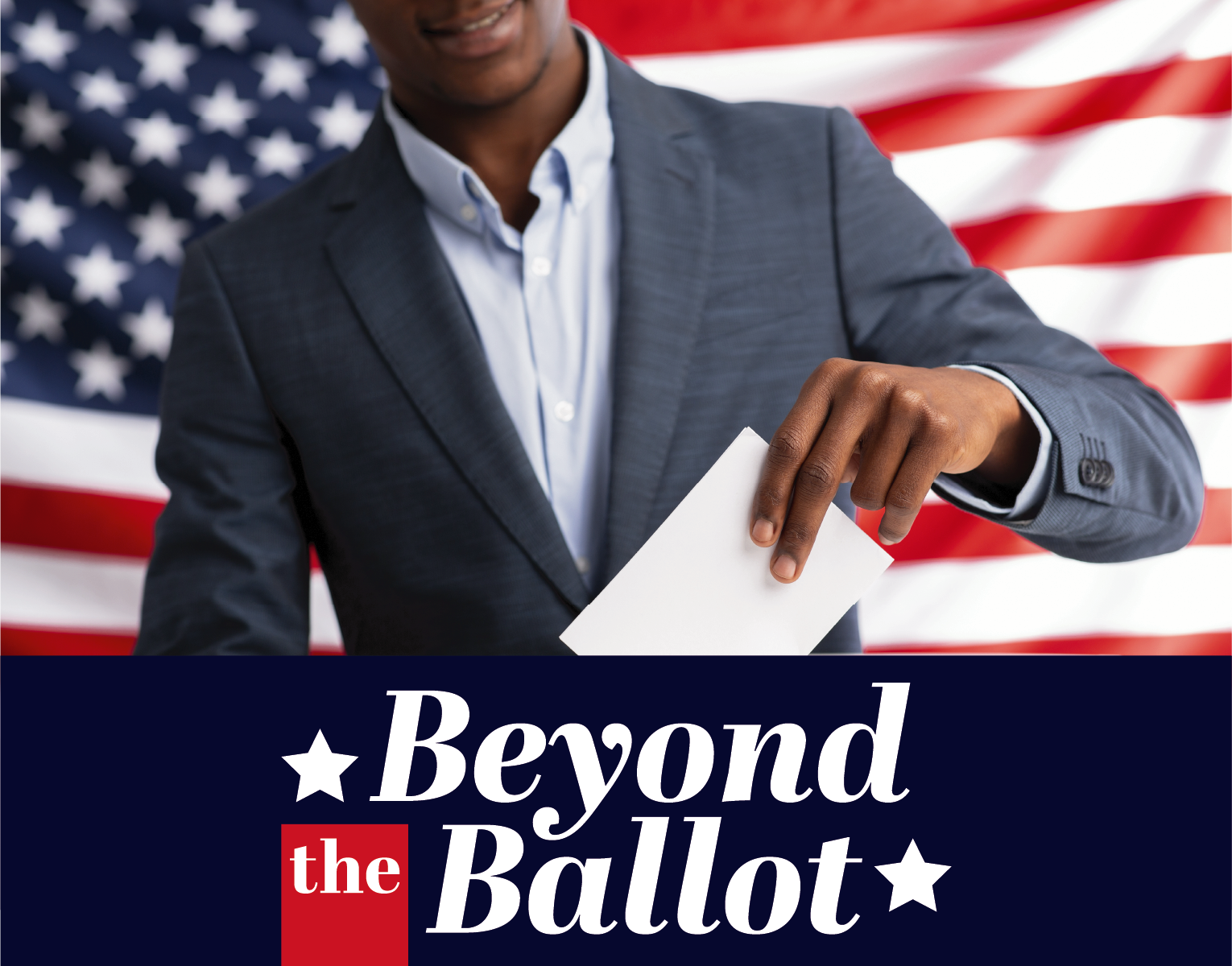
Following the American – led invasion of Iraq in 2003, Jeffrey Danovich found himself among the many military men and women deployed to the country’s Northern region as part of the “War on Terror.” While serving in the Nineveh Province, Danovich was assigned to his battalion’s government legal team, where he worked as a Civil Affairs Operator with the Coalition Provisional Authority (CPA). Following the CPA’s dissolution in 2004, Danovich was selected by his battalion commander to become a Voting Assistance Officer (VAO).
As a VAO, Danovich quickly became well-versed in every aspect of military voting. The program, managed by the Federal Voting Assistance Program (FVAP), is designed to ensure citizens covered by the Uniformed and Overseas Citizens Absentee Voting Act (UOCAVA) are aware of their voting rights and know how to exercise them – no small feat. For Danovich, this meant completing online training, in-person workshops and becoming versed in state-specific election rules, processes, and deadlines pertaining to the voters in his unit.
For Danovich, the role of VAO was a collateral, rather than primary duty. This required him to complete many of the position’s responsibilities in his downtime. Although many deployed VAOs find themselves in similar situations, the nature of Danovich’s battalion posed a unique challenge. Put simply, his battalion was divided into three smaller units that were stationed throughout the Province. Managing transportation to and from the different units according to various election cycles soon became an inescapable reality.
Over the course of his deployment, Danovich spent numerous hours in the back of a Humvee to fulfill his responsibilities as a VAO. “What little downtime deployed service members have is spent catching up on sleep, sending an email to family or reading a book, etc. Upcoming elections and how to vote in them are not at the forefront of their minds. That’s where my role came into play. It was my job to make a seemingly convoluted process as easy as possible for our soldiers,” said Danovich.
Upon returning stateside, Danovich attended George Washington University where he earned his bachelor’s degree in Political Science. Shortly thereafter, he decided to leverage his experience as a VAO to re-enter the field of elections. Danovich has since worked for the District of Columbia Board of Elections, the Open Source Election Technology Institute and the Fulton County Government in Atlanta, Georgia. Through these roles, Danovich has trained poll workers and poll managers, managed mobile voting units and performed Logic and Accuracy Testing, among other things. In August 2021, he accepted a position with the Georgia Secretary of State’s Office as the Election Training Administrator.
Danovich has worn many different hats throughout his career in elections; however, his sustained and close contact with poll workers has made clear to him the mounting threat to their safety. Throughout the U.S., poll workers complete numerous tasks that are pivotal to any given election. Despite their centrality to the electoral process, the recent proliferation of disinformation has led poll workers to experience an increasing number of threats and abuse. “Because of the constant threat posed to poll workers, many of the folks who work the polls on Election Day are leaving. We are losing some of our best and brightest,” said Danovich.
Although poll workers experience some of the most significant impacts of election disinformation, they also play a crucial role in combatting it. Those working or volunteering at the polls on election day have extensive knowledge of precinct procedures and are trusted members of the community. This uniquely positions current and former poll workers to serve as reliable sources of election information within their communities.
In regard to the importance of poll workers, Danovich stated that, “One of my biggest takeaways from the 2020 election is that many of our fellow citizens are willing to step up in a crisis situation. The spread of misinformation is currently one of the biggest threats to the conduct of our elections. My colleagues throughout the country and I have sought to mitigate this by encouraging more and more people to become poll workers.”
In the coming months, Danovich will begin to transition into his new role with the Secretary of State’s Office. While he looks forward to the opportunity to shape elections policy at the state level, Fulton County always will hold a special place in his heart – after all, who else can say they found love in a polling place? Through all the turmoil that characterized the 2020 Presidential election, Danovich happened to exchange contact information with an observer who wanted to know more about the conduct of elections. Semi-formal conversations over dinners quickly turned into something more and nearly a year later, the two have never been happier.


